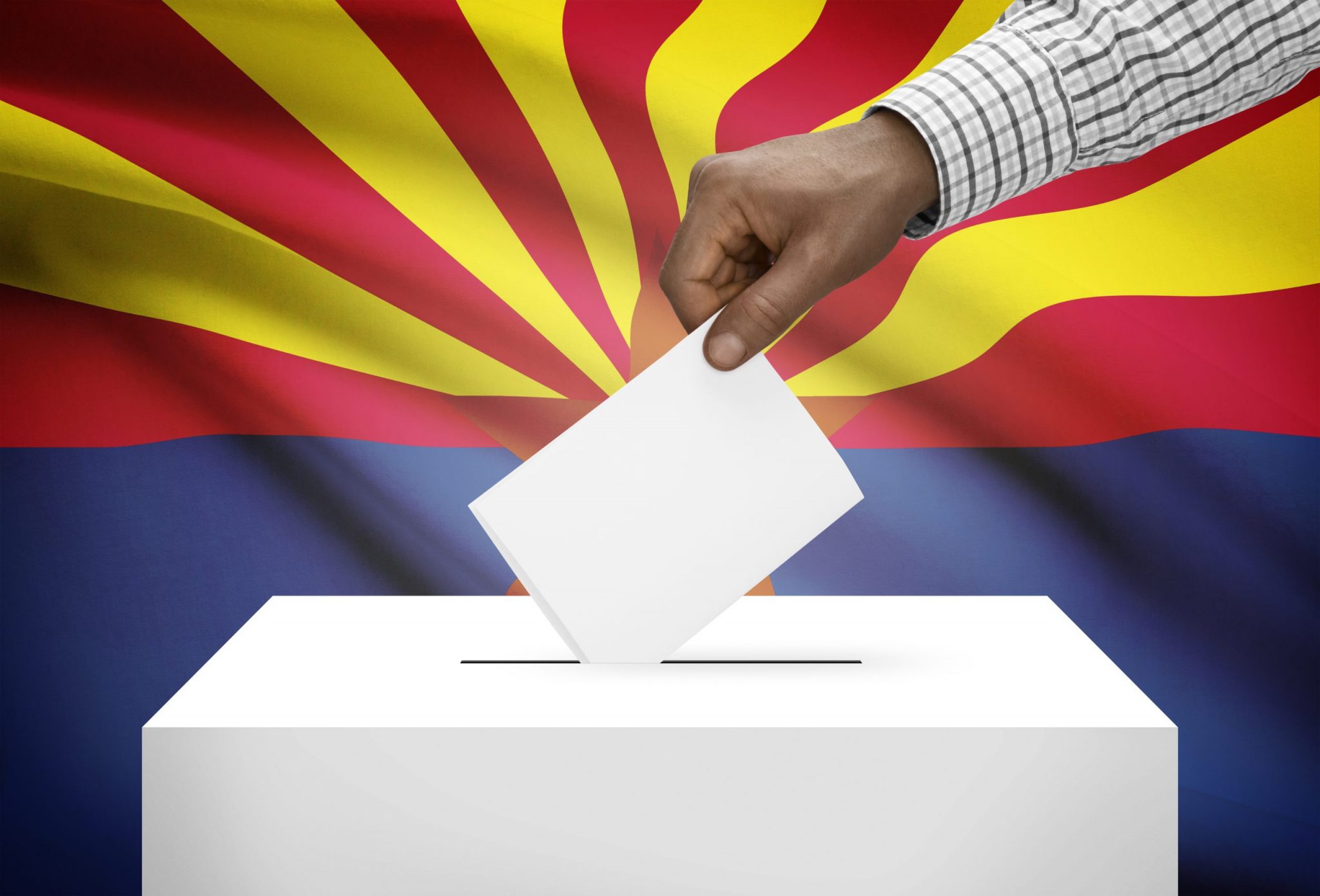Two notable polls came out this week. The first shows that Americans’ faith in democracy is under stress, with just 9 percent of respondents saying democracy is working very or extremely well. The second provides new insights into growing Republican momentum 20 days from Election Day.
The new AP-NORC Center survey looks at Americans’ perceptions of US democracy and trust in elections. Forty-seven percent of respondents have confidence in the vote counting process, which is up from 39 percent in 2020. However, more than half (52 percent) believe US democracy is working not at all or not too well.
A POLITICO-Morning Consult poll out today shows momentum shifting to Republican candidates as inflation and the economy take the top spots for issues most important to voters, with 81 percent of respondents saying the economy will play a “major role” in their vote choice, and 80 percent say inflation will.
Welcome to Monitoring the Midterms, a special newsletter from the Alliance for Securing Democracy at the German Marshall Fund that provides analysis at the nexus of US politics and autocratic threats to democracy. Reach out with questions, reactions, or suggestions.
Sign up to receive the Monitoring the Midterms newsletter in your inbox every week.
New from ASD at GMF
Kremlin talking points are creeping back into the US debate, particularly around Ukraine, among a vocal minority of candidates. Director Laura Thornton writes in Foreign Policy that of the more than 2,300 tweets by US candidates for Congress or high state office dealing with Ukraine since August 1, the content with the highest user engagement—counting likes and retweets—is critical of Ukraine, and some parrot specific Kremlin narratives.
Must Watch: Why Do Foreign Actors Want to Erode US Democracy? Laura Thornton joined Chairman of the Maricopa County Board of Supervisors Bill Gates, Arizona’s Chief Information Security Officer Tim Roemer, and the McCain Institute’s Paul Fagan for a discussion in Phoenix about autocratic efforts to undermine our democracy—from foreign threats like Russia, China, and Iran to the domestic threats posed by election disinformation.
State Spotlight: Arizona
ASD at GMF takeaways from the battleground state of Arizona.
- It’s the most important state to watch if you care about election denialism. Arizona was one of the states that came under intense pressure from former president Donald Trump and his supporters to help overturn the legitimate results of the 2020 election. While the system held in Arizona, due in large part to the integrity of individual office holders and election workers, Arizona’s top candidates show that the false claim that 2020 was a stolen election took root among the electorate. Republican gubernatorial nominee Kari Lake and Republican secretary of state nominee Mark Finchem are two the most prominent election deniers running this season. Recent polling has both candidates slightly ahead of their Democratic opponents. When asked this weekend what she would do if Katie Hobbs, the Democratic candidate for governor, won the election, Lake responded, “I’m going to win that election, and I will accept that result,” setting the stage to potentially reject the election results if Hobbs does win.
- Maricopa County Elections Department makes transparency and communication priority. The Maricopa County Ballot Tabulation Center is outfitted with big windows for media and election observers to view the vote counting process, a live feed of the tabulation room and drop boxes, rules that dictate no one is allowed to be in the room alone, exposed wires that run neatly across the ceiling, and a separate glass room for its servers. Maricopa County, the fourth largest county in the United States, is as well-positioned as nearly any elections office to respond to the increased pressure facing and threats to election workers—which is needed considering the FBI and DOJ recently identified Arizona as one of the top states for threats to election workers. The state’s less populous counties are not as well resourced, but they’re also working to instill confidence. David Levine talked with Pima County Elections Director Constance Hargrove about steps they took ahead of the primary, like holding two mock elections, to explain and improve the voting process.
- Midterm Monitor: Arizona in the national spotlight. According to data from the Midterm Monitor, Arizona was the second most mentioned state by national media outlets on Instagram and Facebook over the past month. Its candidates for secretary of state took the top two spots as the most retweeted secretary of state candidates nationally. On Facebook, Kari Lake’s page dwarfed those affiliated with all other candidates, as the Republican gubernatorial candidate’s page received more reactions than all other monitored Arizona candidates combined. She also had nine of the ten most reacted to posts during the studied period. Read more in the weekly report.
Resources You Should Have
Arizona’s Maricopa County Elections Department is communicating and correcting the record through JusttheFacts.vote.
A Big Idea
“The people who work in elections administration, they are your friends, they are your neighbors, they are your grandma. These people now are receiving threats on a daily basis… It is completely unacceptable to dehumanize people… It has to stop now.”
- Bill Gates, Chairman of the Maricopa County Board of Supervisors, implored the audience at the McCain Institute, ASD at GMF, and Phoenix Committee on Foreign Relations event in Phoenix.
Sign up to receive the Monitoring the Midterms newsletter in your inbox every week.
Check out all of ASD at GMF’s work on the US midterms here.
The views expressed in GMF publications and commentary are the views of the author alone.


